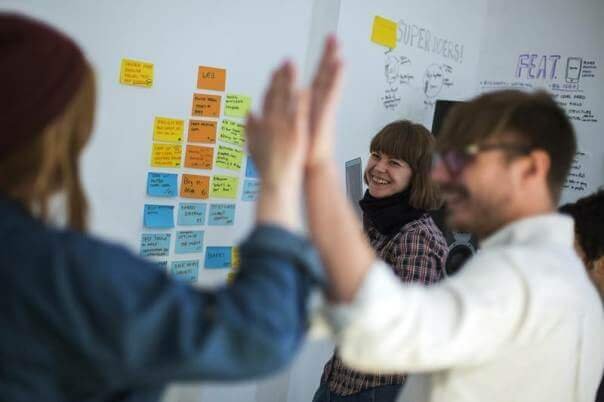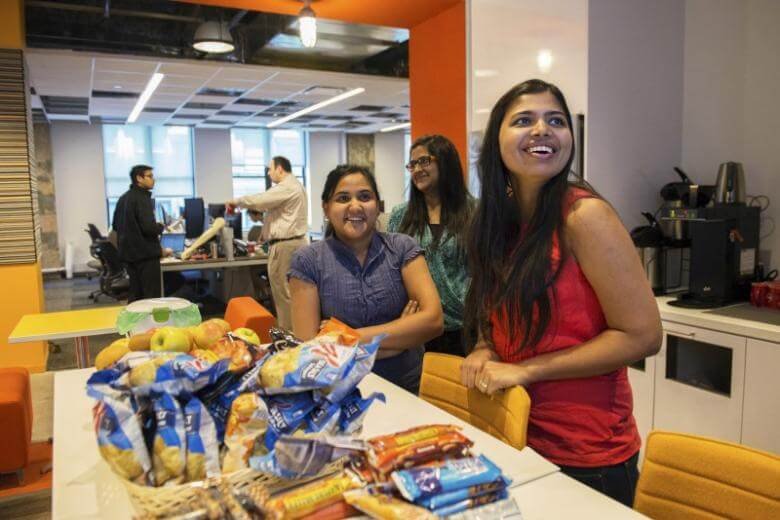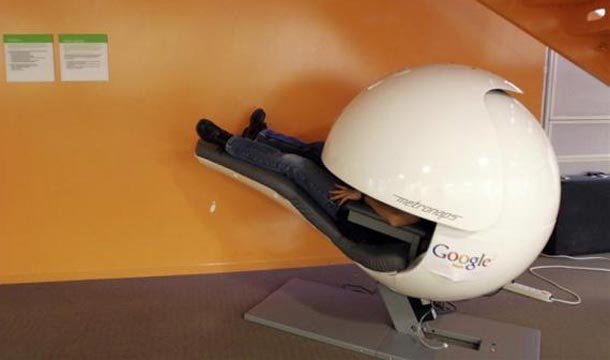Companies are now introducing innovative employee retention techniques to ensure attendance. The idea is to remove authoritative attendance rules and to replace them with systems based on employee trust and satisfaction. The millennial generation, the generation that reached young adulthood in the 2000s, t seems, has changed employee-employer dynamics over the recent years.

To ensure employee engagement and retention, employers are now ready to try several non-traditional techniques such as abolishing the concept of ‘keeping attendance’. Some companies have introduced policies wherein all employees are marked present on all days, with exceptions being made on days a particular employee takes leave on, as opposed to daily automatic attendance punch-in systems. Prior intimation is encouraged.
At Lenovo India, for example, as per a report in Times of India, employees can decide their own work-timings. Work hours are not tediously counted and the leave policy is fairly uncomplicated and straightforward. They also have unlimited casual leaves, and they use a leave-management system to update leave-related employee information.
Research suggests that millennials, have high expectations of themselves and of the their professional lives. According to a report in Business Insider, two-thirds of millennials plan to leave their current jobs by 2020 and quarter see themselves in another organization within the next year.

According to Lars Zander, global CMO of Universum, millennials will make up 75 percent of the workforce in just a decade. That’s a sizeable chunk. This has encouraged employers to invest in a lot of research to find out what millennial employees want and how to retain them in their jobs.
According to a Forbes report, millennial employees have high expectations from their jobs. They want all-round growth and satisfaction. Expectations of responsibility and feedback are also equally high.
More and more employers are joining the millennial-friendly bandwagon.
Google is known for its relaxed, employee-friendly work environment, be it their recreational activities or their TGIF initiative where employees relax after 4 p.m on a Friday. Companies now encourage employees to explore their hobbies and develop their personalities as it is now widely believed that a well rounded, self-actualized individual makes for a better employee than a grumpy, overworked one.

Greater inclusion of women and recognition of gender specific issues have received focus. For example, Flipkart recently introduced it’s new maternity and paternity leave policy, which received a lot of appreciation.
Many, however, believe that millennials, much like the Baby Boomers, will stop being such a determining factor soon. They don’t want to indulge ‘kids’ who ‘want a medal for showing up’.
Feature Image Source: AFP

















